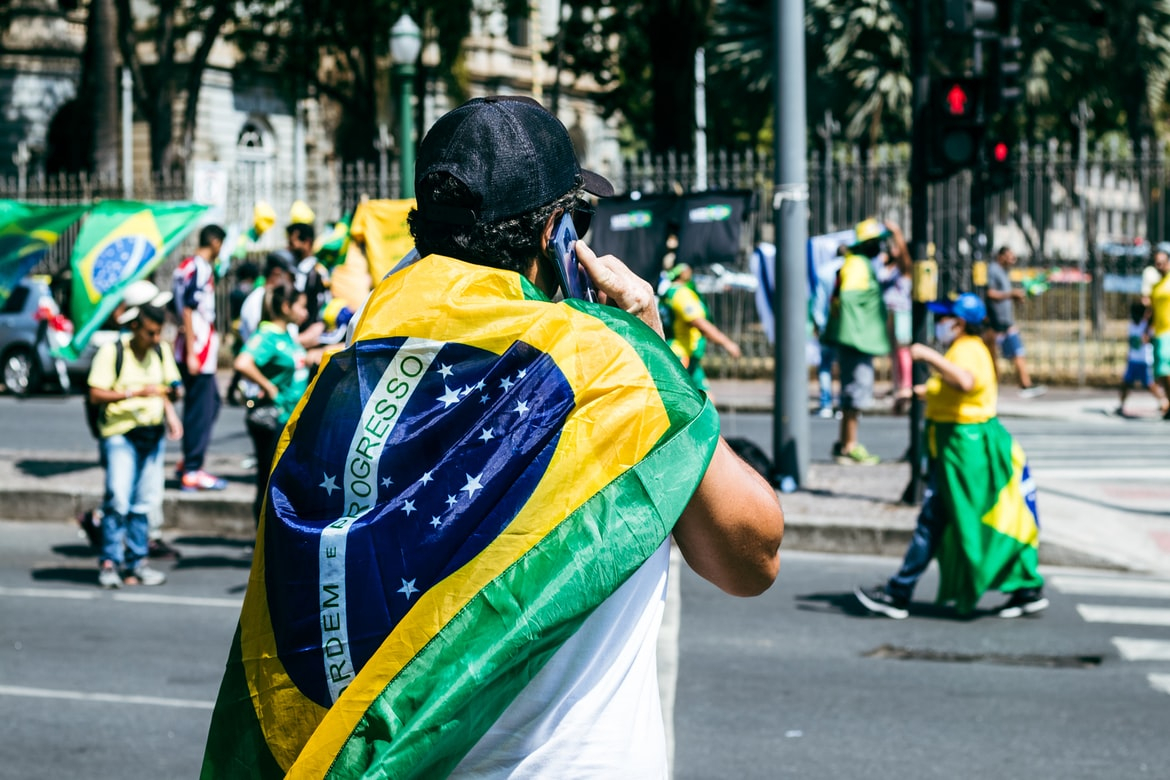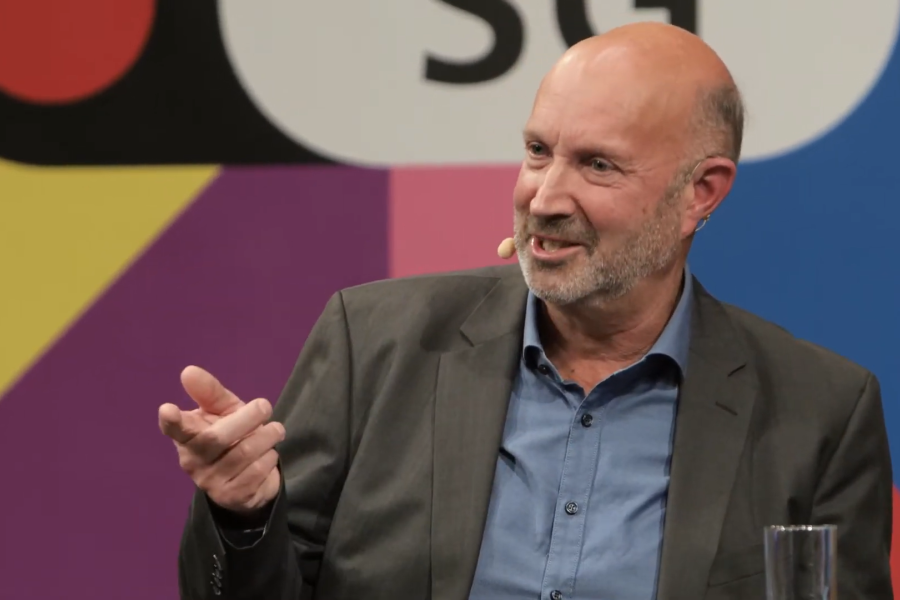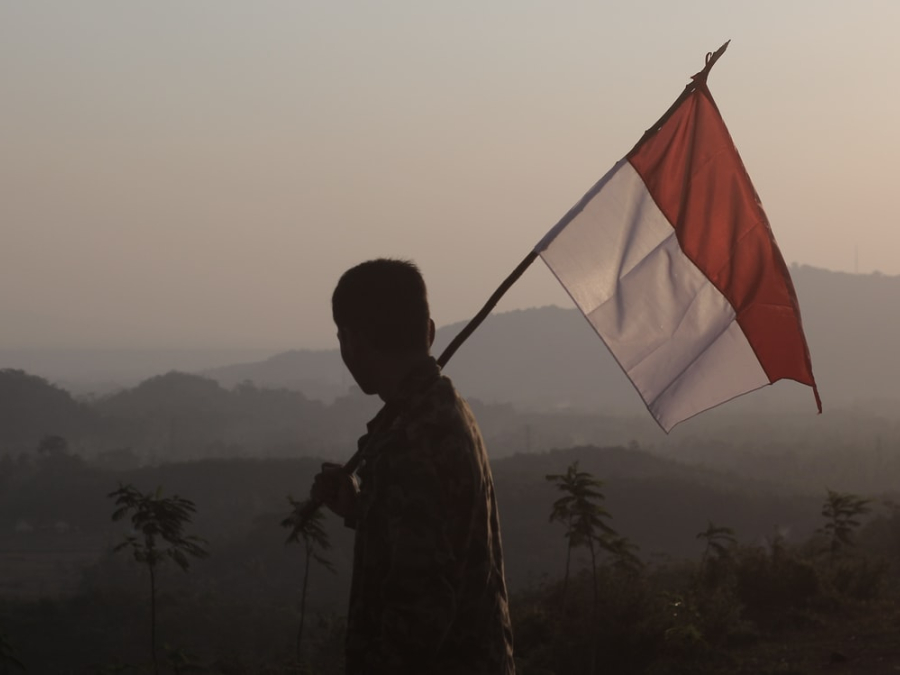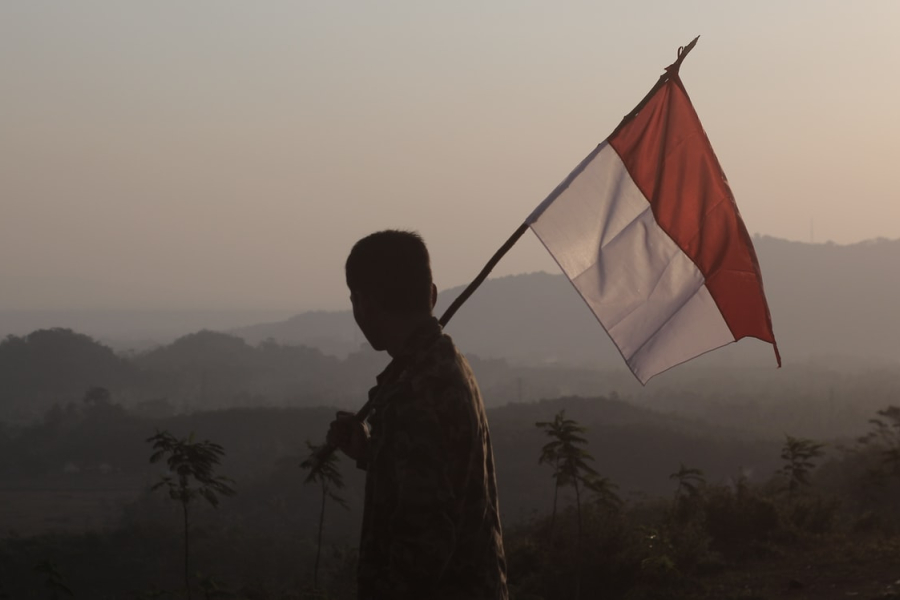The numerous struggles of Bolsonaro's Brazil

"The most common misconception about Brazil is probably that all Brazilians are crazy about football." Right at the start of the evening, cultural anthropologist Prof. Kees Koonings (UU &: UvA) busts one the biggest myths about Brazil and its 210 million inhabitants. Aside from football, Brazil was also known for its progressive socio-economic policies at the turn of the twenty-first century. Nowadays, the country is plagued by social polarization, economic stagnation and presidential populism. How can Brazil recover? In an interview with journalist Sophie Derkzen (Bureau Buitenland, VPRO) as part of the series 'The World in Motion', Koonings shared his perspectives.
A rising power
"Until the late 1990s, the idea of Brazil as a global superpower seemed far-fetched", Koonings states. After decades of military dictatorship until the 1980s, the young Brazilian democracy was just taking its first steps on the world stage. From 1995 to 2011, presidents Fernando Cardoso and his successor Luiz Inácio Lula da Silva drastically improved the Brazilian economy. How? Koonings points to the rise in demand of raw materials produced in Brazil, while domestic demand was boosted by Cardoso's income redistribution policies. He also invested heavily in the battle against poverty, improved infrastructure and provided accessible education. At the beginning of the twenty-first century, Brazil was considered a 'middle power'. Koonings: "Its increased political and economic significance in the region, but also its increased use of soft power – international negotiations, adherence to international law – made it more powerful than during its previous military rule."
Bolsonaro
Most people in the west will think of Jair Bolsonaro when they think about Brazil. In the last few years he has made quite the impact. Why did the Brazilians elect this populist as president? In Koonings' view, Bolsonaro's rise to presidency was the result of several crises. The enduring economic recession and increasing social polarization in Brazilian society led to the demonization of the Worker's Party, the party of former presidents Lula da Silva and Dilma Rousseff. Meanwhile, Bolsonaro exploited the topic of rising crime and violence in the country and invoked nostalgia about the past decades of Brazilian military dictatorship, when law and order supposedly prevailed.
Koonings views Bolsonaro as 'immoral', mainly because of his continued use of homophobic and sexist comments in public. But Koonings also points to Bolsonaro's fatalistic outlook in his speeches about the Covid-19 pandemic. "Bolsonaro has a very perverse vision on the politics of death: he does not care if people die – whether from Covid-19 or police violence – especially if they are not 'good Brazilian citizens'". The 'good citizen' consists of male, white, conservative, religious Brazilians. "If you don't fit in this category, as a black, poor or homosexual person, then you don't deserve to live, in Bolsonaro's opinion." Koonings agrees with the assertion that Brazil is another country where black lives matter less. "This is also visible when you look at the overwhelming majority of black victims through police violence."
Can Bolsonaro get away with all this? At the moment, the Brazilian Senate is even preparing to charge him with 'crimes against humanity' for his disastrous mishandling of the Covid-19 pandemic. It has already resulted in the deaths of more than 600,000 Brazilian citizens. Koonings: "In the beginning of the pandemic, Bolsonaro kept denying the dangers of the coronavirus and also refused to set a good example. He continued to hug his supporters, he refused to wear a mask and even criticized governors and mayors who tried to take action on their own against the pandemic. And as of today, the Senate accuses Bolsonaro of being criminally negligent in timely ordering vaccines for the country." Only time will tell whether the Senate will succeed in the impeachment.

Environmental protections
Another thing you might think of when it comes to Brazil, is the Amazon rainforest. Under Bolsonaro's reign, fire, drought and land clearance have been pushing the Amazon towards a point of collapse. At the recent COP26 climate conference in Glasgow, the president did agree to commit to the joint declaration to end deforestation from 2030 onwards. Why this sudden change of heart? Koonings: "It shows that diplomatic pressure works, that being obstinate is against his own interests. But keep in mind that 2030 is still far away. Signing the declaration is good for Bolsonaro's current position internationally and Brazil will receive funds to help end deforestation efforts." Additionally, Koonings sees the presidential election of Joe Biden in the United States as a contributing factor to Bolsonaro's renewed stance on climate change.
"Now that his powerful populist ally Donald Trump has left the Oval Office, Bolsonaro stands alone. In the end, Bolsonaro is a cultural nationalist. His moral cultural vision of the 'good Brazilian citizen' is important to him, the economy not so much"
Altogether, Koonings is still hopeful about Brazil: "The state should change from an exclusionary lethal apparatus into a supportive and protective apparatus, particularly on the matters of policing and investing in social spending, such as lower education." But in his view, there is not one simple solution for South America's largest country. Even if the governmental reforms listed above would be implemented, social peace will not just come about. Koonings: "All these options sound a bit idealistic, but they are a start."










